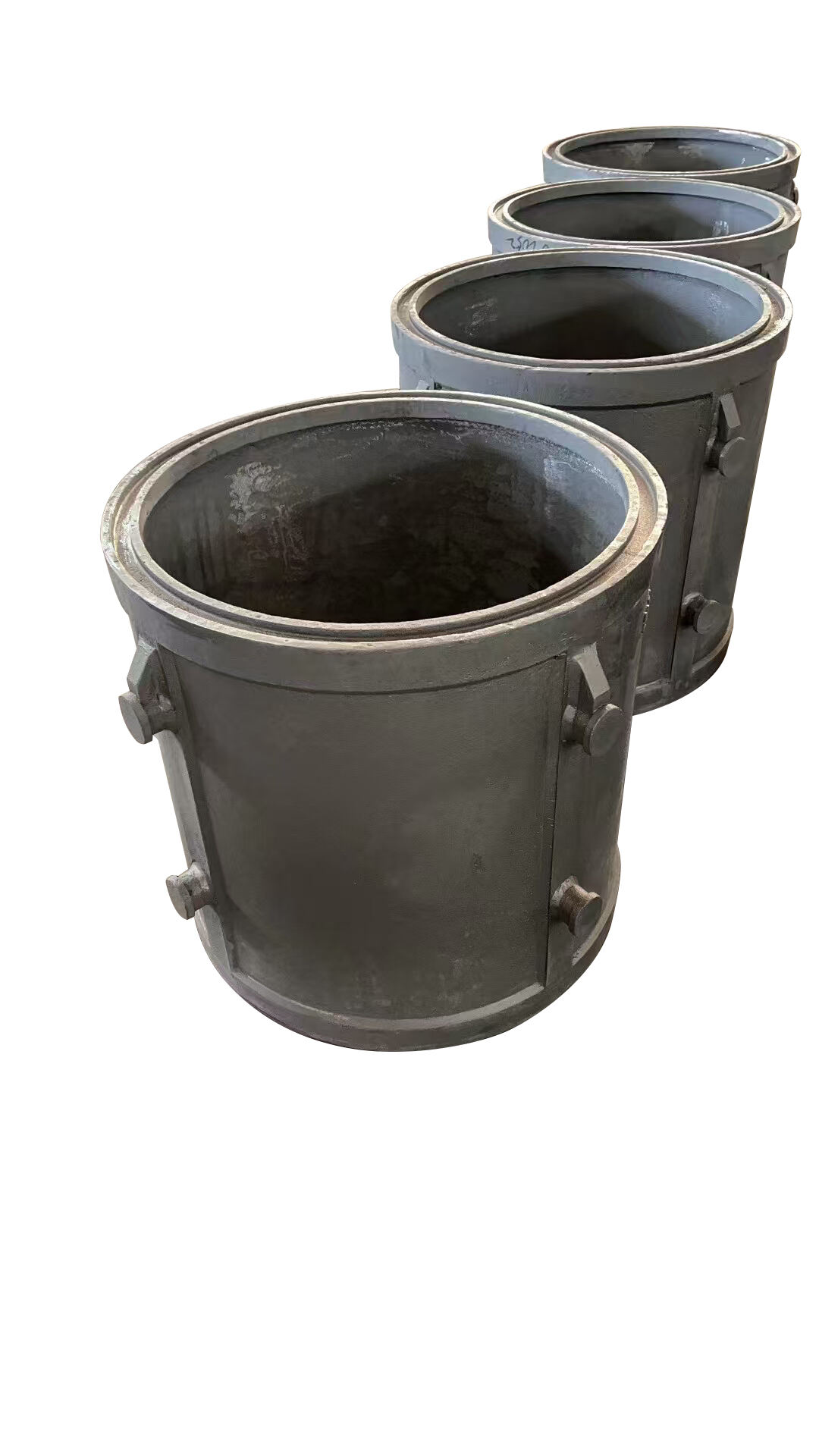investment casting alloy
Investment casting alloy represents a sophisticated metalworking process that enables the production of high precision metal parts with exceptional surface finish and dimensional accuracy. This versatile manufacturing method involves creating a disposable wax pattern that is coated with ceramic material to form a shell mold, which is then filled with molten metal. The process allows for the casting of complex geometries and intricate details that would be difficult or impossible to achieve through conventional manufacturing methods. Investment casting alloys can be produced from a wide range of metals, including stainless steel, aluminum, brass, and titanium, making them suitable for diverse applications across various industries. The technology excels in producing components with thin walls, internal passages, and detailed features while maintaining tight tolerances. These alloys find extensive use in aerospace, automotive, medical devices, and industrial equipment manufacturing. The process enables the creation of both small, intricate parts and larger components with consistent quality and minimal post-processing requirements. Modern investment casting alloys benefit from advanced metallurgical control, resulting in superior mechanical properties, excellent wear resistance, and enhanced corrosion protection.
